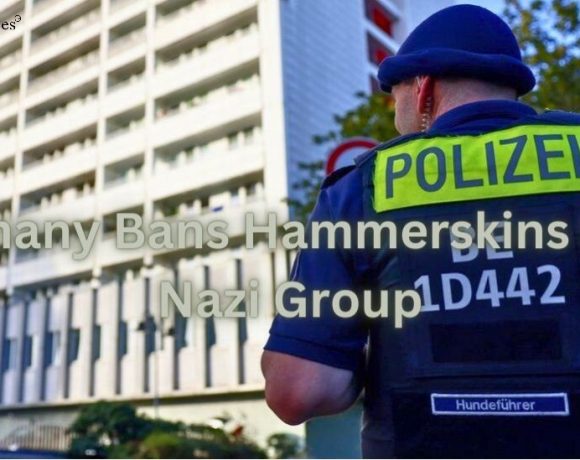
Hans-Georg Maassen, formerly in charge of countering neo-Nazis in Germany, is now under investigation for suspected right-wing extremism by the intelligence agency he led until 2018. Maassen revealed a letter from the Office for the Protection of the Constitution (BfV) confirming the investigation, but the agency, citing data protection rules, cannot comment on individual cases. Maassen, critical of the inquiry, accuses Interior Minister Nancy Faeser of using intelligence services against political opponents.
The investigation points to Maassen’s alleged belief in far-right and antisemitic conspiracy theories, anti-migrant rhetoric, and a supposed sympathy for the far-right Reichsbürger movement. His tenure as head of domestic intelligence was marked by accusations of downplaying the far-right threat, and over time, he became known for extreme comments on social media. In 2018, he left office after questioning the authenticity of a video depicting xenophobic far-right violence in Chemnitz.
Maassen’s rhetoric has since intensified, with comparisons of migrants to cancer in an article titled “Chemotherapy for Germany.” Experts suggest he may have become radicalized, ironic given his previous role in combating radicalization.
Maassen recently confirmed that his new party, the Values Union, launched in January, is open to cooperation with the far-right AfD to gain power after upcoming regional elections. This departure from the established “firewall” against collaboration with the AfD signals a shift in German politics. Members of the Values Union attended a controversial November meeting where mass deportations were discussed, sparking nationwide protests against the far right with the slogan “We are the firewall.”
Picture Courtesy: Google/images are subject to copyright

